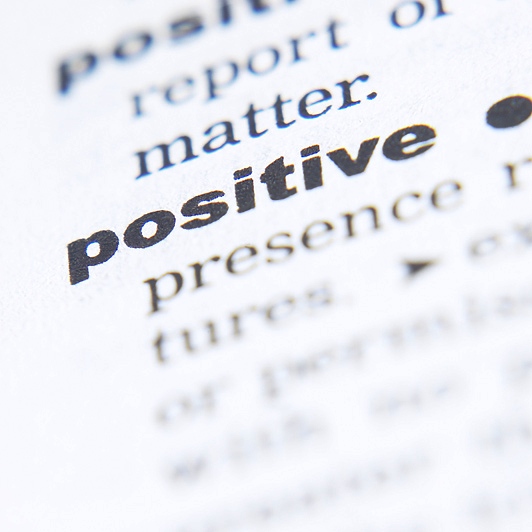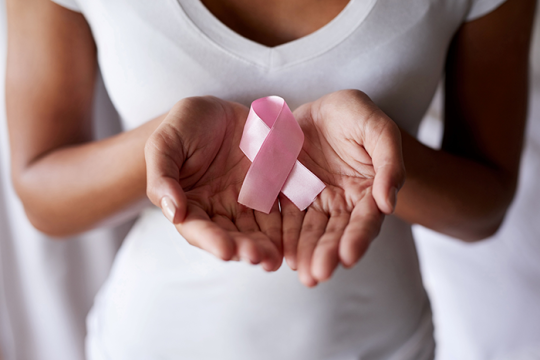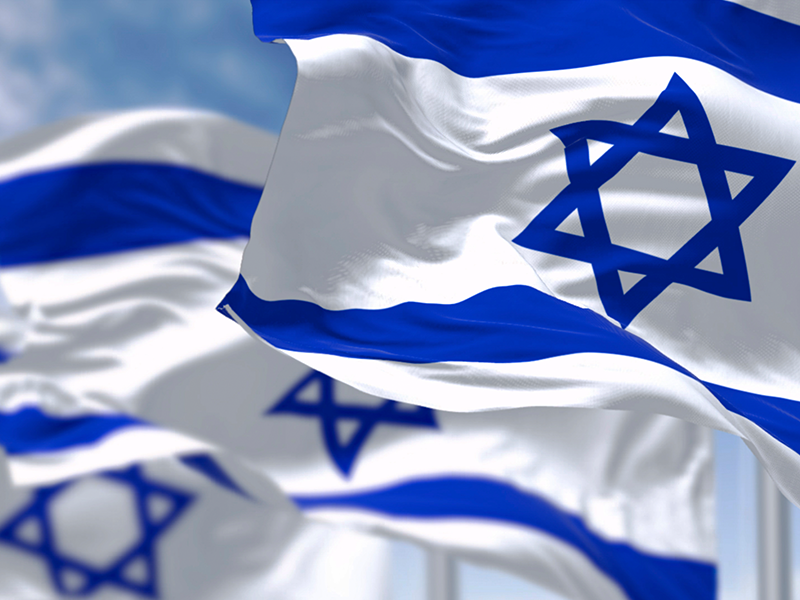The Jewish Positive Spin

I am a little obsessed with the idea of positive thinking. I have done sermons over the years about not complaining, about speaking nicely to each other (instead of gossiping), and about plain positive thinking. Especially in our era, I believe thinking positively, and expressing joy in life is crucial to our well-being. Jewish tradition has spoken about living life with appreciative joy for thousands of years; the subject is found in our liturgy, in the Torah, in rabbinic literature, modern rabbinical thinking, and every era in between.
But it is very difficult to live with joy all the time. We are, after all, only human beings, and every day life can be filled with numerous stressors, anxiety-filled moments, painful injuries of the body and the heart. Those moments can lead us to passionate responses of anger toward anyone around us, including the ones we love the most. Imagine this unbridled passion in the book of Numbers: Pinchas enters into a tent and kills two people with his sword. Right after that moment of passionate anger, Pinchas is given a covenant of peace, to teach us that we must find a way to channel that energy into something positive, rather than let the anger get the best of us. Rabbi Natan puts it this way: "After his passion for God, God gave him a covenant of peace as a gift. It appears that the verse here hints to us that the way of peace is always better and more effective than that of zealotry and war."
I love Rabbi Natan’s sentiment, and I think we would all agree that in life, finding peace is better than starting a fight – but at the same time, it appears to me that it is easier to be passionately angry rather than passionately happy.
Think about your own life. How often are you truly, passionately, happy? Now think about the times when you become angry in a passionate way... Doesn’t it appear as if our negative impulses seem to creep upon us more easily than the positive ones?
Recently, I spoke with a woman working on her PhD in Economics, and she is studying happinessas her thesis. As I told her about this idea, she said that in her studies, she found people felt more negative about losing things than the positive feelings they have upon gaining something of equal value. It's akin to the idea that losing in sports feels worse than the good you feel upon winning. Losing a $20 bill gives you a worse feeling than the good feelings you have from finding $20, and so on.
Perhaps part of what it means to be a Jew is to try and equal our negative and positive thoughts. That may be why the Talmud instructs us to say 100 blessings a day: Give thanks for what you have. Maybe that's why blessings are said before and after every meal:“Feel good about the food you ate. Perhaps that is why each day is to begin, “I give thanks before you…”: Start the day with joy.
Finally, there is an approach that I have always found useful when joy seems to be lost, when emptiness and negativity enter into my thinking and feeling state. It may seem outlandish when you first read it, but it has proven to be a positive approach that is easy to do, and has outstanding results. These are the words of Rebbe Nachman of Breslov on finding joy when you feel it is missing:
Finding true joy is the hardest of all spiritual tasks. If the only way to make yourself happy is by doing something silly, do it. If despite your desire to be happy you feel down, draw strength from happier times gone by. Eventually, joy will return. If you don’t feel happy, pretend to be. Even if you are downright depressed, put on a smile. Act happy. Genuine joy will follow. Get into the habit of singing a tune. It will give you new life and fill you with joy. Get into the habit of dancing. It will displace depression and dispel hardship. Always remember: Joy is not merely incidental to your spiritual quest. It is vital.
Rabbi Jonathan Aaron is a senior rabbi at Temple Emanuel of Beverly Hills and Visiting Professor of Speech at Hebrew Union College. He is also a playwright, musician and poet.
Related Posts

Shalom Begins on Your Plate: A Journey to Plant-Based Eating

The Holy Act of Caring for our Bodies: The Importance of Breast Cancer Testing Early and Often

